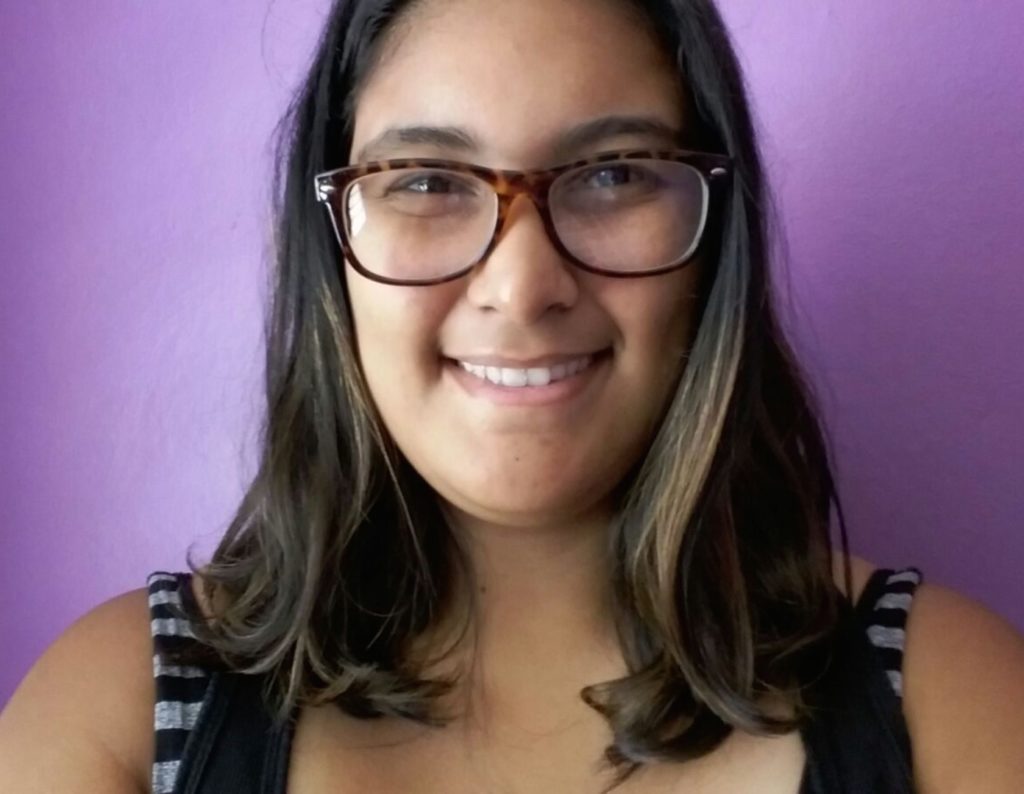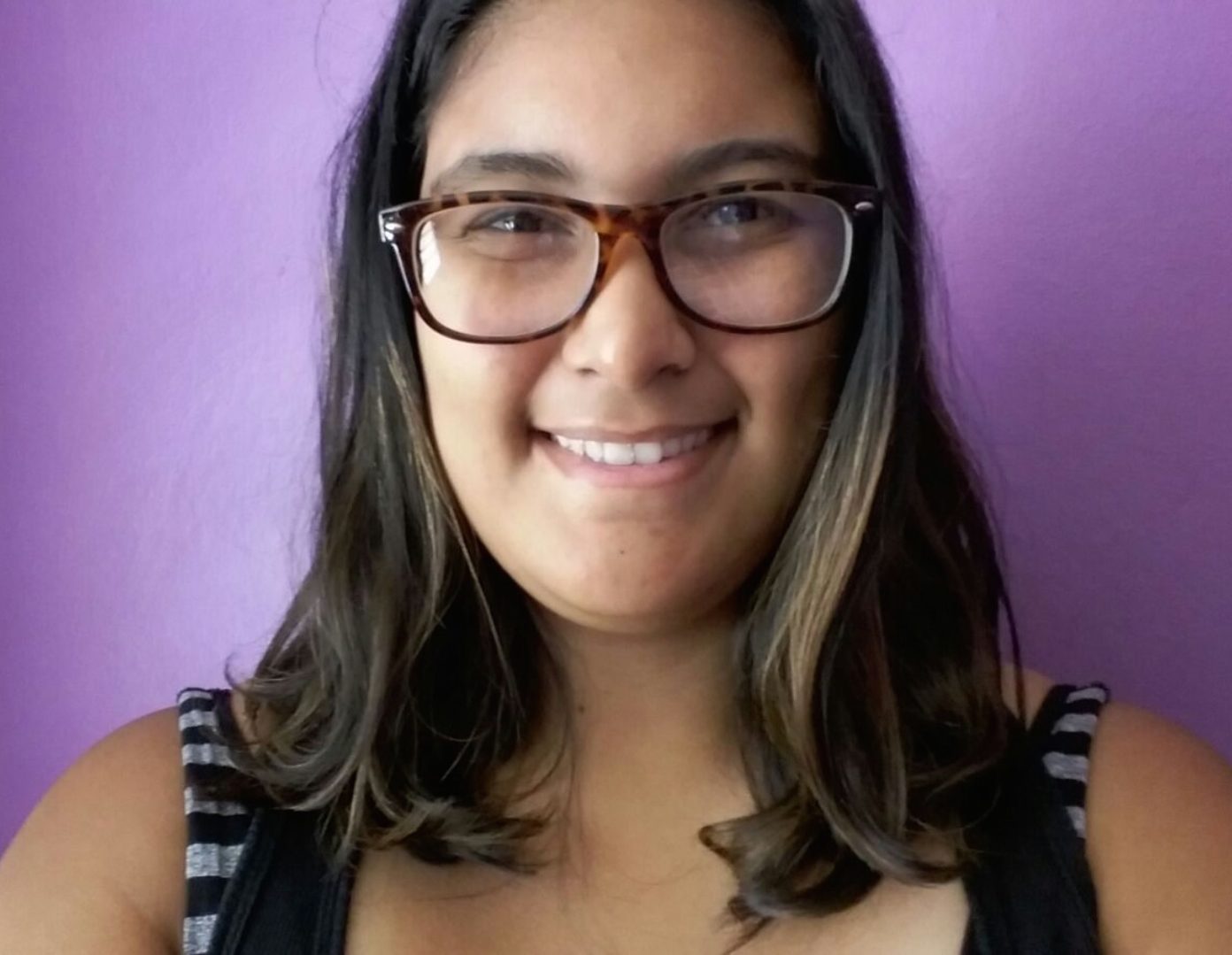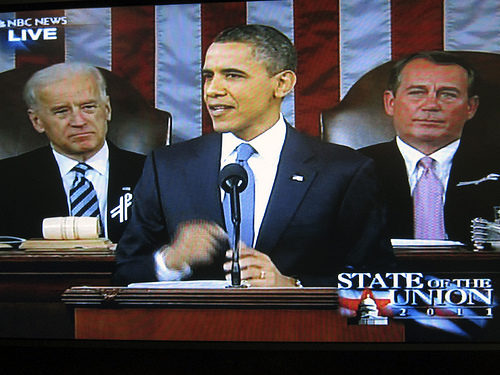Leaving Puerto Rico (and College) to Join the Army

Photo courtesy of Angelica Padilla de Arce
Leer en español
Hurricane Maria left Angelica Padilla de Arce, a 20-year-old Puerto Rican student, without classes, without a job, and with big economic problems.
Padilla was in her third year at the University of Puerto Rico, Mayagüez campus, on the west coast of the island. In November 2017, Padilla opted for a new way to face her economic situation: enlisting in the United States Armed Forces.
This conversation has been edited for clarity and length.
Why did you decide that that was your best option?
Without a bachelor’s degree finding a job with a good salary is hard, and even more so with Puerto Rico’s economic situation. The situation at the university gets harder every day. As registration fees and other services increase, the money soon will not be enough. I’m also seeing my brother, who has a bachelor’s degree, not be able to find a job that’s more than 15 hours a week, so I decided to look for another alternative. My uncle is in the Armed Forces, my grandfather is a veteran, and my mother was enlisted in the Army for a time, and they talked to me about the benefits. I decided it was the best thing to do.
Is it a good source of income?
The military has good benefits and it’s a good source of income. It offers a 20-year career. If I enlist now when I’m 20, I can retire when I’m 40. Whereas, in a civilian job, the retirement plan is thirty to forty years long. This is assuming I find a job quickly after I graduate. There’s also the situation with the university — whether or not it will remain open remains unknown, which creates an environment of uncertainty and unnecessary stress in my life.
When did you make the decision to leave Puerto Rico?
Several weeks after Hurricane Maria I went with my brother to a conference about the military test [ASVAB Test]. My brother had already decided to enlist before the hurricane and when I saw Puerto Rico’s situation I decided to enlist as well. At the moment, my university is on alert for a possible strike. That, plus falling behind because of the hurricane, made me decide to look for a better future.
What will happen to your family after you leave?
My family supports me unconditionally in everything I do, at least I’ve been lucky in that regard. If it is something that I really want, my mother will support me. She also knows the sad situation that Puerto Rico is in, which is why she always encourages me to keep looking for a better future.
Without Hurricane Maria would you have enlisted in the military?
I probably would have stayed one more year in Puerto Rico. But living with the situation of the university I am sure that I would have made the same decision of enlisting in the military. Personally, I don’t have family in the United States with whom I could have gone to for a season while I look for a job there, so the military would have been my plan B if the situation with the university got bad.
Aren’t you scared of dying or receiving a bullet wound?
I would be lying if I said that the remote idea of dying or getting shot doesn’t scare me. Everyone fears being wounded and even more so if it is something serious, like a bullet wound. But it is a risk I am willing to take when the time to move forward for me and my family comes.
What would you like to do in the Army?
In the beginning I wanted a job that had to do with communications or technology, however, this changed at the time of taking the ASVAB test, which allows me to know which job I can choose. My recruiter gave me a list of jobs which I can apply for, and among them is paramedic, or 68W, as they call it. I have always liked helping other people, so this is a job I see myself doing. There’s also the additional benefit that I come out with a degree and can work as a paramedic in my civilian life.
What is your opinion of war?
For me, war is more about loss than gain. There are situations that can be resolved by having a dialogue like civilized people without the need to lose millions of soldiers’ and innocents’ lives. If political leaders want a war, let them enter a ring and may the best one win.
Dejar la Isla (y universidad) para irse al ejército
El huracán María dejó a Angélica Padilla de Arce, estudiante puertorriqueña de 20 años, sin clases, sin trabajo, y con grandes problemas económicos.
Padilla cursa su tercer año universitario en la Universidad de Puerto Rico, en el campus de la ciudad de Mayagüez, municipio ubicado en la costa oeste de la Isla. Pero en noviembre del año pasado, Padilla optó por un nuevo camino para enfrentar su nueva situación económica: ingresar a las Fuerzas Armadas de Estados Unidos.
Esta conversación ha sido editada por claridad y extensión.
¿Por qué decidiste que esa era tu mejor opción?
Sin un bachillerato, conseguir un trabajo con buen salario es difícil, y más con la situación económica de Puerto Rico. La situación en la universidad se pone cada vez peor. Al subir la matrícula y otros servicios, el dinero pronto no va a dar. Además, al ver que mi hermano con un bachillerato no consigue un trabajo de más de 15 horas semanales, decidí buscar otra alternativa. Mi tío pertenece a las Fuerzas Armadas, mi abuelo es veterano y mi madre estuvo un tiempo [en el ejército], y ellos me hablaron de los beneficios. Decidí que era lo mejor.
¿Es una buena fuente de ingresos?
El ejército tiene buenos beneficios y es una buena fuente de ingresos. Ofrece una carrera de veinte años; si entro ahora a los veinte años, ya a los cuarenta años puedo retirarme. Mientras que en un trabajo como civil, el plan de retiro es de treinta a cuarenta años. Esto asumiendo que consiga un trabajo rápido después de graduarme. Además, está también la situación de la universidad, la cual en estos momentos no se sabe si va a continuar abierta, lo cual crea un ambiente de incertidumbre y estrés innecesarios en mi vida.
¿Cuándo fue que tomaste la decisión de irte de Puerto Rico?
Luego de varias semanas de María fui con mi hermano a una charla de los repasos del ejército. Mi hermano ya tenía decidido irse al ejército antes del huracán y cuando yo vi la situación de Puerto Rico decidí irme también. En estos momentos, mi universidad está en alerta de huelga, más el retraso a causa del huracán, me hicieron decidir ir a buscar un mejor futuro.
¿Qué pasará con tu familia luego de que te vayas?
Mi familia me apoya en todo incondicionalmente, al menos he tenido esa suerte. Mi madre me apoya, si es lo que en realidad quiero, y ella también sabe la situación penosa en la que se encuentra Puerto Rico, por lo que me exhorta siempre a seguir buscando un mejor futuro.
Sin el huracán María, ¿hubieras pensado en unirte a la milicia?
Lo más seguro, hubiese estado un año más en Puerto Rico. Pero al vivir la situación antes mencionada con la universidad estoy segura de que habría tomado la misma decisión de irme al ejército. Personalmente, no tengo familia en Estados Unidos con los que pudiera irme una temporada en lo que busco trabajo allá, por lo que el ejército hubiese sido mi plan B si la situación de la universidad se viese mal.
¿No te da miedo morir o recibir una herida de bala?
Mentiría si dijera que la idea remota de morir o que me disparen no me da miedo. Todo el mundo le aterra ser herido y más si es de gravedad, como una herida de bala. Pero, es un riesgo que estoy dispuesta a tomar a la hora de salir hacia adelante por mi y mi familia.
¿Qué te gustaría hacer dentro de la armada?
Al principio quise hacer un trabajo que tuviese que ver con comunicaciones o tecnología, sin embargo, esto ha cambiado al tomar el examen de ASVAB el cual me permite saber qué trabajo puedo tomar. Mi reclutador me dio una lista trabajos a las cuales puedo aplicar y entre ellos está paramédico o “68w”, como ellos le llaman. Siempre me ha gustado ayudar a las personas así que es un trabajo donde me veo involucrada, además con el beneficio que salgo con un grado y puedo trabajar como paramédico en mi vida civil.
¿Qué opinas de las guerras?
Para mí las guerras son más pérdidas que ganancias. Hay situaciones que dialogando como personas civilizadas pueden resolverse sin la necesidad de la pérdida de millones de soldados y vidas inocentes. Si los líderes políticos quieren guerra, que ellos entren a un ring y que gane el mejor.
This story was written by Thalia Mercado.
The story is part of a collaboration between Feet in 2 Worlds and the journalism program at Universidad del Sagrado Corazón in San Juan, Puerto Rico. Translated from the original Spanish by John Pink.
Fi2W is supported by the David and Katherine Moore Family Foundation, the Ralph E. Odgen Foundation, the J.M. Kaplan Fund, an anonymous donor and readers like you.



